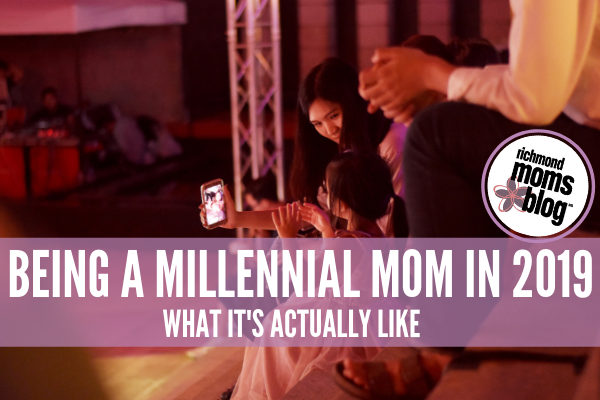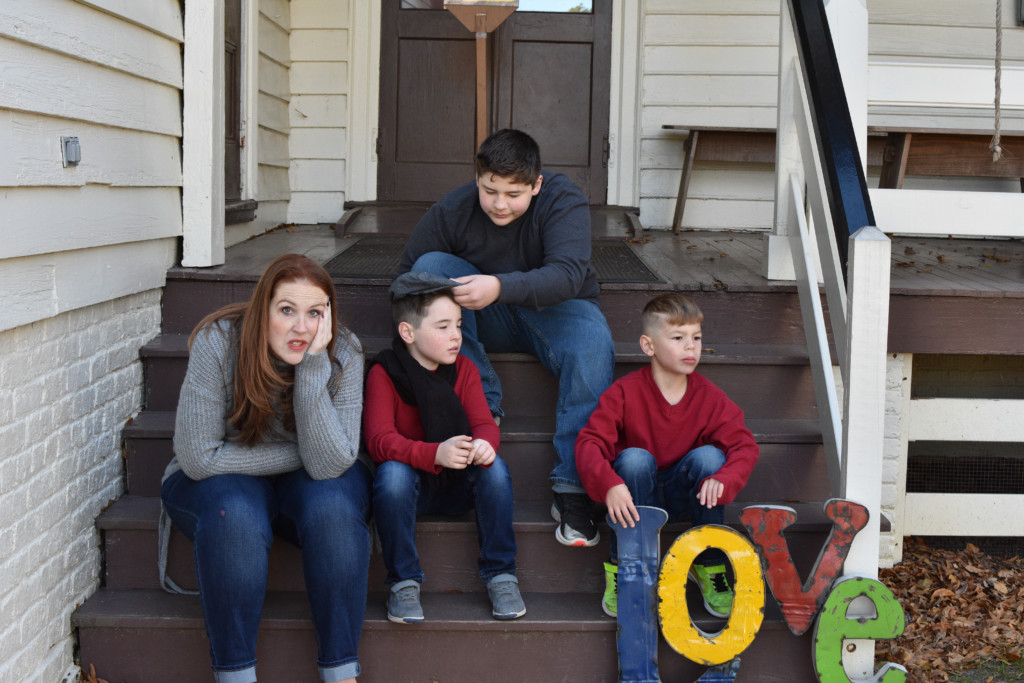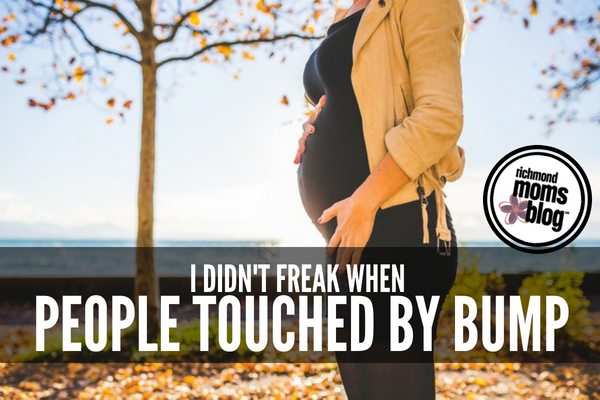Waking up on the first fall-ish school morning in RVA, and there it is on Morning Joe—news of the now-deadliest shooting in U.S. history.
Sometime after 10pm, on a Sunday night, a lone shooter with no particular target(s), rains bullets down from an upper story hotel room on crowds of Las Vegas concert goers below.
Unpredictable. Unprotect-able. Unacceptable.
Yet “accept” it, in some way, we must; it’s the HOW in that acceptance we must focus upon for our families.
Six days before 9/11, my husband and I became parents to a precious pair of boy/girl twins. On that fateful September morning, it became clear that raising children in the 21st century would require a readiness, a social awareness, for which we hadn’t planned. As parents, we absorbed the horror, prayed for the victims, their families, our country, our world—and for our children.
The following year, right after our babies’ first birthday, a sniper was randomly shooting unsuspecting victims in D.C., Maryland, and Virginia. Certainly, too young to understand, we insulated our wee ones from the apprehensions we felt so keenly on our day-to-day outings to the mall, to the playground, to church.
In the months and years that followed, the acts of terrorism both domestic and foreign have increased exponentially. In eras past, the lists of terrorist acts were infrequent enough to be grouped by decade. From 1970-2010, they began to be so numerous, they began grouping by single year. Check out Wikipedia now. Beginning in 2011, the lists contain terror acts documented in six-month windows, and in January of 2015? The lists are compiled monthly. Monthly.
Now teens, our twosome can readily rattle off a litany of events—both isolated and orchestrated—that resulted in an inexplicable, purposeless, loss of innocent lives: Sandy Hook, Charlie Hebdo, Club Bataclan, Pulse in Orlando, a meet-and-greet with local government representatives at a grocery store in Arizona, a showing of Batman in a Colorado theater, an Arianna Grande show in England, and now, a country music concert in Las Vegas.
Sadly, we know October 1st’s incident won’t be the last.
How do we move forward constructively in light of such continuing loss? How do we prevent our kids—and ourselves—from numbing, from “normalizing” the painful and grossly abnormal, when it’s been part of their lives since birth?
Take action.
Get involved—if they’re old enough, get your kids involved—with groups that seek to help those suffering from mental illness. Vote for candidates who have a plan to make a change in those individuals’ lives, and the lives of their families and friends. Consider aligning with advocacy groups who espouse changing or enforcing our laws in ways that have the potential to limit the victims in these events. Support gun safety practices. Support drug awareness and rehabilitation programs. Be generous with your gifts. Listen to your friends talk. Listen to strangers talk. Hug often. Love generously. Role model a respect for—and love of—life.









